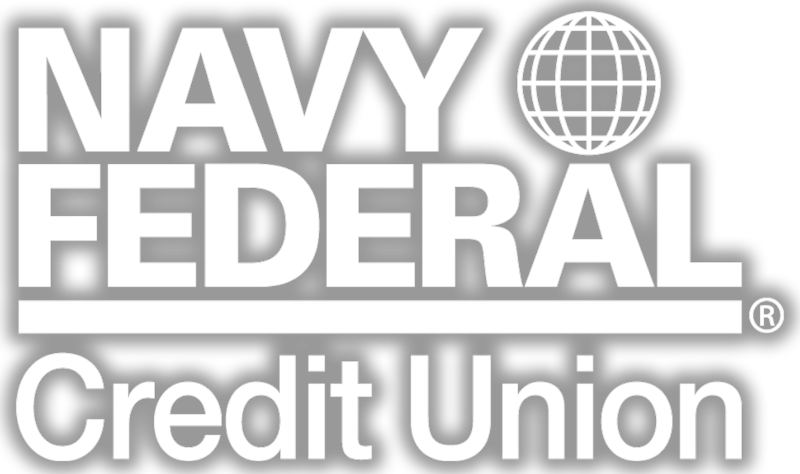It’s that time of year –- the holidays have taken their toll, and many of us are feeling frozen when it comes to building our savings. If gift-giving and celebrations are leaving you in a financial void, you might be asking yourself: "Is the new year the right time to start saving?"
Fortunately, a skill learned in basic military training could change your outlook. Discipline, combined with smart savings, can help you get back on track.
Saving in itself doesn’t require much to get started, but the tips below will help you start off on the right foot.
Track your spending
It can be easy to lose sight of your spending in the flurry of holiday expenses, gift-giving and celebrations. Do you know how much you spent last month? What about last year? If you’re not sure, then make 2017 the year you start tracking your spending.
Identifying income, expenses and what you have left over is a critical aspect of saving. This will serve as the basis for your budget. A budget will help you determine how much you can put toward saving each month.
Set goals
With your budget in mind, it’s time to start thinking about your savings goals. For the most part, your goals will fall under two areas:
While day-to-day expenses and paying off any debt may take priority, always keep your savings goals in mind. Review your budget to determine if you can cut any expenses. For example, if you’re spending $50 per month eating out, consider allocating that money toward your savings goals instead.
Choose a savings product
The next step in reaching your savings goals is choosing where to stash your hard-earned cash. The good news is there are a variety of options available to you. Depending on your circumstances and goals, you’ll want to evaluate your options accordingly.
If you’re looking to create a reserve of funds accessible to you at any time, you’ll want to look into basic savings accounts. These accounts don’t earn as much in interest as other savings vehicles, but they do allow you to tap into the money whenever you need it, perfect if you’re trying to build an emergency fund.
Money market savings accounts are a similar option, but with a few added details. These accounts typically require a larger minimum balance. The benefit of having a larger minimum balance is the ability to earn from interest.
A great way to earn interest from savings is to use a share certificate. Share certificates work by locking in your money to fixed duration and earning interest on the funds over the duration of the certificate. Once the certificate reaches its end date, or maturity, you’ll almost certainly have more money than what you started with. Some financial institutions, like Navy Federal, offer share certificates for small savers with minimum balances as low as $5 -- great for anyone working with a tight budget, but still wanting to save.
The power of time
After you’ve budgeted, set goals and designated a savings account, it’s time to put your discipline to work. Avoid comparing your end goal to your monthly contributions. Allow time to work its magic, especially if you are using an account that earns interest. Regular and consistent contributions will add up, and in time you’ll meet your savings goals.
Navy Federal is federally insured by NCUA.






